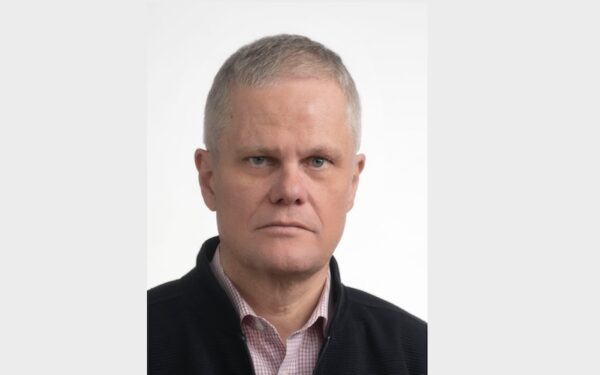Halldór var yfirmaður hjá Loftslagssamningi Sþ í rúman áratug og er nú formaður Loftslagsráðs og sinnir ráðgjafastörfum. Hann mun fjalla um hnattræn viðbrögð við loftslagsvá og þátt líf- og vistfræðirannsókna og vísindaráðgjafar í þeim.
Halldór chairs the Icelandic Climate Council and acts as a consultant on topics relating to climate change and biodiversity. He held strategic positions at the UN Climate Change Secretariat (UNFCCC) in Bonn, Germany, for fourteen years until retirement in 2018. Responsibilities included managing substantive support to the negotiation of the Paris Agreement as Senior Director for Strategy. He also managed the interface with the scientific assessment function of the Intergovernmental Panel on Climate Change (IPCC).
Before joining the secretariat, Halldór served as the Chair of the UNFCCC Subsidiary Body for Scientific and Technological Advice (SBSTA) for a two-year term. His research activities included studies of nitrogen cycling, the impact of elevated carbon dioxide on the carbon balance of trees in situ and measurements of fluxes of carbon dioxide and water over crops and forest canopies and of methane from Arctic wetlands. He holds a Ph.D. in Plant Ecophysiology from Utah State University.
Title of plenary talk: Biology and Ecology in an era of global disruption
Abstract: The interconnected threats of climate disruption and biodiversity loss are testing mankind’s capacity to transform the global socio-economic system at the speed and scale required. The biological and ecological sciences will play an increasingly significant role in facilitating this transition both in building resilience to the impacts of climate change and in restabilizing the global carbon balance.
To halt global heating a balance needs to be reached between global emissions and global removals. Such carbon neutrality needs to be achieved by the middle of the century making massive carbon dioxide removals in the coming decades necessary. The upscaling of current efforts to sequester carbon in ecosystems and geological formations will be a herculean task and is both a scientific and policy challenge. Awareness is growing among policy makers of the potential of nature-based solution in this context; solutions that also can contribute to bending the curve on biodiversity loss and to the restoration of degraded ecosystems.
Impacts of human activity are pushing many ecosystem processes into uncharted territory. There is therefore an urgent need for deeper mechanistic understanding of how complex ecosystems will likely respond to ongoing changes. This is particularly urgent in the marine environment. All of this puts new demands on scientific assessment processes and communication to the general public and policy makers.
